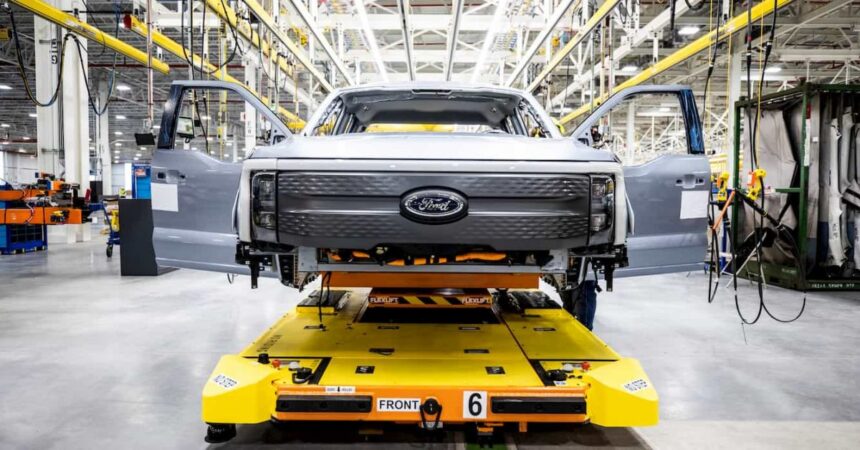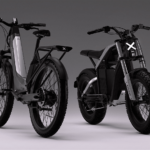Ford sets its sights on uncharted territory in the electric vehicle landscape, as the US automaker expands into Indonesia, a market ripe for disruption. The automaker is committing to a significant investment in an electric vehicle (EV) manufacturing facility in Indonesia, which boasts the title of being the world’s largest nickel producer. This move is strategically aligned with the company’s nearby $4.5 billion nickel processing venture, which will be supported by the establishment of a related retail outlet.
While formal confirmation from Ford remains pending, reports suggest that Indonesian authorities have initiated discussions with various global automakers, including Volkswagen Group and Ford, to explore potential partnerships.
Ford is slashing jobs in Europe and losing ground in China, yet it’s eyeing Indonesia as a promising frontier. After a six-year hiatus, the automaker resumed operations in Indonesia’s market in 2022 through a collaborative effort with Thai-based RMA Group. Ford currently markets the Thailand-produced Ranger pickup truck and Everest sport utility vehicle, reporting a combined total of 664 units sold thus far in the current year.
Indonesia is leveraging its abundant nickel resources and a youthful population to drive the electric vehicle (EV) industry’s growth, with two primary objectives: tapping into the nation’s wealth of nickel assets and fostering job opportunities for its sizable, dynamic workforce. With its massive market size, relatively low car ownership rates, and strategic location in relation to South Asian markets, it has been actively courting automakers to invest in the country, touting these advantages as major selling points. Indonesia accounts for approximately 20.6% of global nickel production.
The Deputy Business Minister of Indonesia, Faisol Riza, announced at a press conference in Jakarta that Ford has committed to expanding its investment and manufacturing operations in the country within the next year, according to reports by various media outlets including Bloomberg and Reuters.
In the final 12 months, Ford partnered with major global miner Vale and Chinese firm Zhejiang Huayou Cobalt Company to invest in a massive $4.5 billion nickel processing project on Indonesia’s Sulawesi island, with commercial production expected to commence by 2026. The mine is expected to produce up to 120,000 tonnes of a nickel intermediate product annually, intended for use in the manufacture of electric vehicle (EV) battery cathodes.
Since taking office in October, Indonesian authorities have been in discussions with several key automotive manufacturers, including Volkswagen and Ford. “‘It seems likely that some of the international automakers that once were here and then vanished may be making a comeback,’ Faisal Riza said at the event.” “We urge producers to consider establishing factories in Indonesia, as the country’s significant social and financial impact on job creation warrants careful evaluation.”
By 2026, Indonesia aims to boost the local content requirements for battery-electric vehicles (BEVs) to 40%, with incremental increases reaching 80% by 2030.











